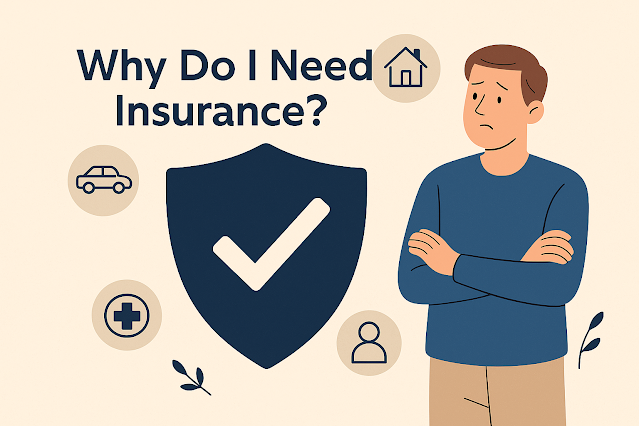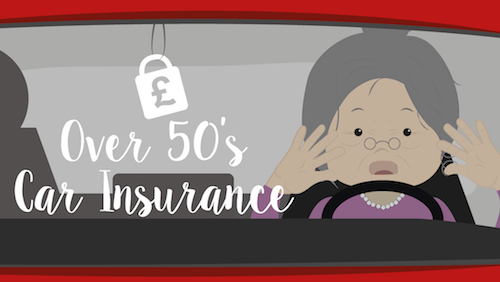Can I Cancel My Home Insurance at Any Time?
Home insurance provides peace of mind by protecting your property from unforeseen damage or theft. But what if you need to cancel it? Whether you’re switching insurers or selling your home, understanding the cancellation process is essential. In this guide, we explore when and how you can cancel your homeowners insurance, what fees may apply, and what you should consider before making the decision.
Why Would You Want to Cancel Your Home Insurance?
There are several reasons why homeowners consider cancelling their property insurance. The most common include selling the house, moving to a rental, finding a better deal with another provider, or no longer needing coverage. Whatever your reason, it’s vital to know your rights and responsibilities.
Switching to a Cheaper Policy
If you’ve found a better premium or more favorable terms, cancelling your current homeowners insurance policy may seem like the logical step. Before making the switch, ensure the new policy is active to avoid any coverage gaps.
Selling or No Longer Owning the Property
Once you’ve sold your house or transferred ownership, you no longer need to carry an insurance policy for it. Notifying your insurer promptly will help prevent unnecessary charges or coverage overlap.
Can You Cancel Your Home Insurance at Any Time?
Yes, in most cases, homeowners can cancel their insurance at any time. However, timing and method matter. Some insurers require written notice, while others may allow cancellation over the phone or online.
Understanding Your Insurance Contract Terms
Your insurance policy outlines the process for cancellation. It may mention any required notice period, possible penalties, and refund eligibility. Reviewing this document is key to avoiding surprises.
Notice Period and Written Requests
Typically, insurers request a 15- to 30-day notice for cancellation. Sending a formal request via email or certified mail ensures you have proof of intent and start date for cancellation.
Are There Penalties or Fees for Cancelling?
Depending on your insurer and when you cancel, you may be charged an administrative or short-rate fee. These charges usually apply if you cancel early in the policy term.
Pro-Rata vs Short-Rate Refunds
In a pro-rata cancellation, you receive a refund for the unused portion of your premium without penalty. A short-rate cancellation deducts a fee from the refunded amount, which slightly reduces your return.
Can You Cancel If You Have a Mortgage?
If you still have a mortgage, your lender likely requires you to maintain homeowners insurance. Cancelling without replacing coverage could breach your mortgage agreement and lead to lender-imposed insurance, which is usually more expensive and offers less coverage.
Informing Your Lender
When changing or cancelling your policy, it’s important to notify your mortgage provider and provide them with proof of new coverage if applicable. This maintains compliance and avoids additional costs.
How to Cancel Your Homeowners Insurance
Follow these steps to ensure a smooth cancellation:
- Review your current policy terms.
- Contact your insurance provider and request cancellation instructions.
- Submit a written cancellation notice if required.
- Confirm the effective date of cancellation.
- Ensure new coverage is active if you still need insurance.
Best Practices
Always request written confirmation of the cancellation. Keep a copy of all communications and proof of any refund. If switching providers, overlap coverage by a day or two to ensure continuous protection.
What Happens After Cancellation?
Once the cancellation is processed, you should receive a final bill or refund. It’s important to monitor your accounts to confirm the refund and cancel any automatic payments.
Credit Score Impacts
While cancelling your policy itself doesn’t affect your credit score, unpaid insurance bills or lapses in coverage can lead to collections, which will impact your score negatively.
When Not to Cancel Your Policy
There are situations where cancelling your homeowners insurance may not be wise. These include during active claims, before selling your property, or if you don’t have a replacement policy ready. A lapse in coverage could expose you to financial risk.
Consult Your Insurance Agent
Always consult your insurance agent or company representative before cancelling. They may offer discounts, adjustments, or advice that saves you money without needing to cancel.
Alternatives to Cancelling Your Policy
Instead of cancelling, consider:
- Adjusting your coverage or deductible.
- Asking about loyalty or bundling discounts.
- Temporarily suspending parts of your coverage.
These options could reduce your premium while maintaining the protection you need.
Conclusion: Know Your Rights and Responsibilities
So, can you cancel your home insurance at any time? In most cases, yes. But knowing how to do it properly ensures you avoid fees, legal issues, or coverage gaps. Review your contract, notify relevant parties, and have a plan in place before making a change.
Looking to compare home insurance quotes instantly? Use our online comparison tool to find the best rates today and switch confidently!





















